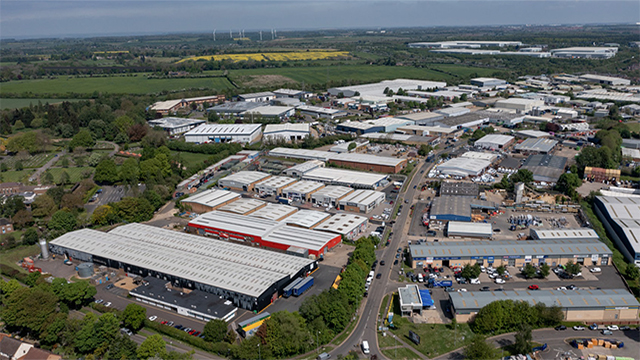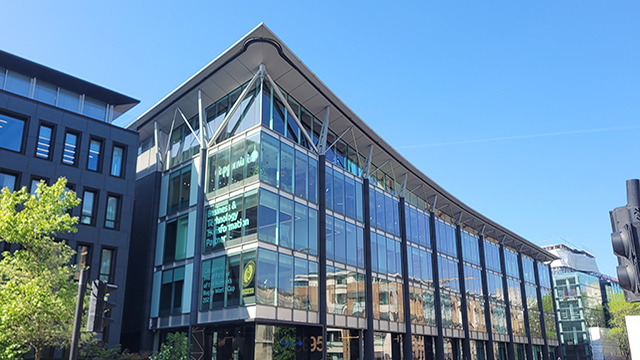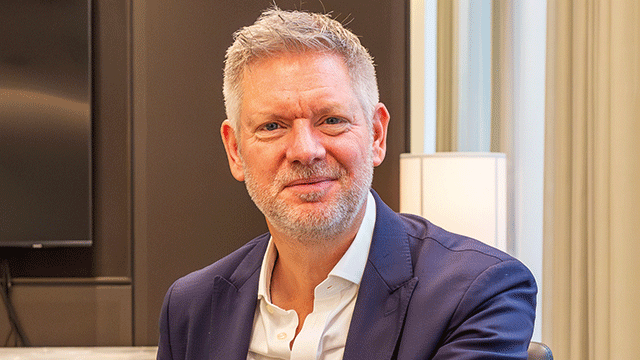Auctioneers must adapt to today’s bidders
So, there I was, lying in a hospital bed dreading the prospect of an invasive operation that will treat my failing voice, writes George Walker, partner at Allsop.
The voice, you will appreciate, is an important tool for an auctioneer, or indeed any property agent.
The routine is well established: pack a bag, arrive early, find the right car parking space, sign a lot of forms, and then change into a very fetching gown – not the type found too often on ASOS.
So, there I was, lying in a hospital bed dreading the prospect of an invasive operation that will treat my failing voice, writes George Walker, partner at Allsop.
The voice, you will appreciate, is an important tool for an auctioneer, or indeed any property agent.
The routine is well established: pack a bag, arrive early, find the right car parking space, sign a lot of forms, and then change into a very fetching gown – not the type found too often on ASOS.
Before I know it, I am in the operating theatre and I am instantly recognised by the anaesthetist – “George Walker, not the Allsop guy?” It turns out that my anaesthetist was the proud owner of a vet surgery in Hereford and another shop, both of which he had bought at an Allsop auction.
As I recovered over the next few days, I reflected on what could be learned from this chance encounter.
We know that our market is largely made up of part-time investors, just like my anaesthetist, so it remains our job as auctioneers to listen to them and adapt to their ways of bidding. In a fast-paced technological age, how they bid and which platforms they use is quickly changing and the industry has had to be adept at adapting.
Two bidders were logged in from airport lounges, one of whom made a successful bid before he boarded his flight. He could have been in a queue for the number 14 bus
Since 2000 we have found buyers for £10bn of secondary assets via email and the many ways of the web – along with a host of print advertising. In the past century, we used to print 16 tonnes of catalogues for every auction, alongside several more tonnes of legal packs. During this time, bidding took place largely in the auction room. Now, our buyers can be anywhere in the world; they download legal packs online or place bids, either by phone, proxy or online, making it ever-more convenient to investors like my anaesthetist.
In our first online-only auction earlier this year, we learned that two bidders were logged in from airport lounges, one of whom made a successful bid before he boarded his flight. He could have been in a queue for the number 14 bus or the recovery room of an operating theatre with an auctioneer. No matter: he bid for the asset and bought it unconditionally.
Last month, we sold £106m of assets from the Berkeley Hotel to a room full of potential buyers with around 200 phone bidders and a dozen registered online.
At this auction we sold five assets to web-based buyers, proving that the reach of the auction doesn’t stop at the hotel door. Clearly many buyers love the competitive bidding of the room.
In China, auction bidders could use their WeChat account and pay their deposits from their iPhone. Very soon, could our buyers place bids in this same way on WhatsApp? When this moment comes, auctioneers will need to be there, and we will.
While the change in technology over the past 18 years has helped to bring many more buyers to the table, our job hasn’t changed; we must ensure that we extract best value for our clients. That is our duty.











